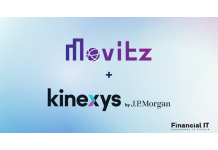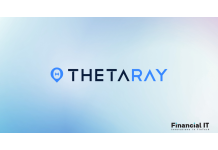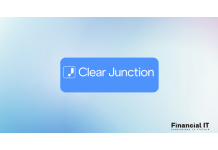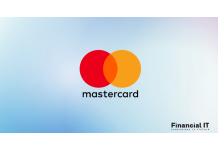Romance Scams Rise as Valentine’s Day Approaches,...
- 11.02.2026 09:30 am
Cowbell Launches in Australia, Bringing AI-Powered...
- 06.02.2026 01:45 pm
SME Bank Selects Flagright for Real-Time Transaction...
- 03.02.2026 09:55 am
Money Sent to Romance Scammers Jumps 37% in a Year, as...
- 02.02.2026 10:05 am
Movitz And Kinexys by J.P. Morgan To Bring Global...
- 29.01.2026 12:05 pm
ThetaRay Unveils Ray: An Agentic AI Investigation...
- 29.01.2026 11:45 am
FinBox Launches AI-Powered Cluster Transaction...
- 09.12.2025 01:15 pm
Revolut Launches ‘Street Mode’ to Keep Customer Funds...
- 02.12.2025 10:30 am
78% of Financial Firms Still Unprepared for New UK...
- 01.12.2025 08:00 am
Staying Ahead of Cyber Threats: Mastercard Survey...
- 27.11.2025 09:15 am
MoonPay Earns ISO 27701 Certification
- 19.11.2025 02:45 pm
New Analysis from Experian and Cifas Reveal the Latest...
- 18.11.2025 01:35 pm

























